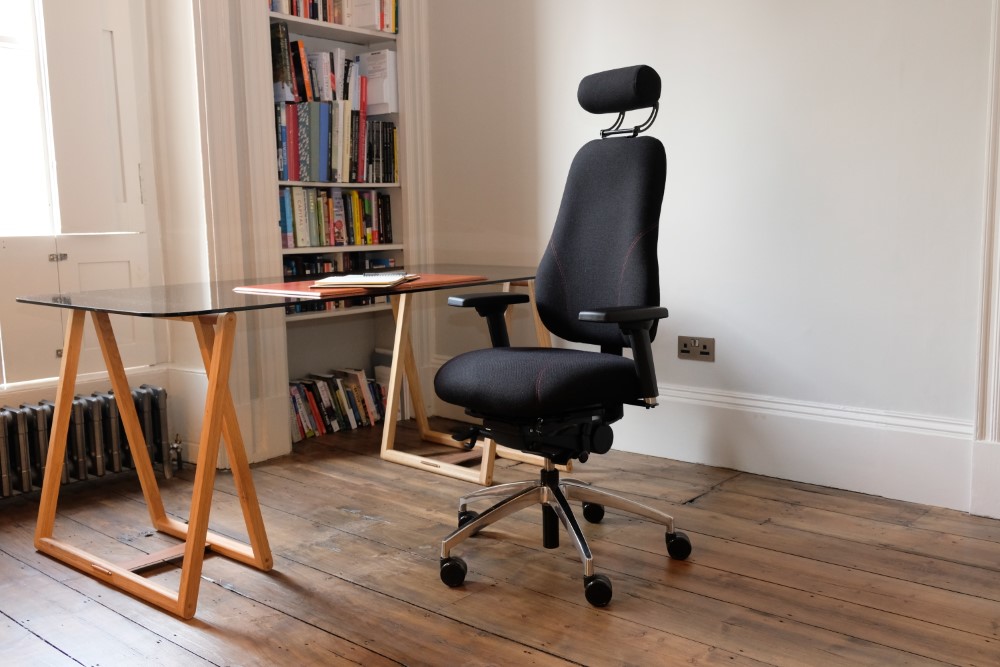Whether you are driving down to Cornwall or flying to the Caribbean, in this article, I am going to take you through a few tips to help your comfort when travelling. They are also applicable if you are already in pain or want to prevent discomfort.
- Plan your trip – If you have a musculoskeletal condition, and know your flares, plan how you travel and what adaptations you could make ahead of time to ensure your journey is as comfortable as possible. If necessary, you could even contact the airline ahead of your journey. They will be happy to help whether that be putting luggage overhead for you or providing wheelchair assistance.
- Give yourself enough time – Rushing, particularly when packing and lifting heavy luggage could aggravate your back pain, particularly as lugging large suitcases around is out of the ordinary for most of us. Allow enough time to calmly and safely travel to your destination- holidays are for relaxing after all!
- Use lightweight and easy to manoeuvre luggage – Luggage design is generally very good nowadays. When picking out bags to take away, choosing one that is lightweight with wheels and handles will make it easier to transport and reduces the need to over-exert yourself. If you need help to lift heavy luggage, you can always ask a member of staff for assistance. Anything too much, too soon (to include lifting) can contribute to back pain. You can read here, in one of my other articles, why bending you back and lifting with a bent back is not inherently bad for you, it is more likely that your back just does not currently have the tolerance to lift in this way.
- Posture variability
- Whether you are a passenger in the car, coach, train or plane, ensure you take frequent breaks to fidget to allow your muscles and joints to move and increase blood flow.
- Plan breaks on long drives or during a flight to have a brief walk around. Moving to prevent prolonged positions is a great way to reduce discomfort and stiffness. It is beneficial to take these posture breaks with and without back pain. You can do this at a service station or even up and down the aisle of the plane. The recommendation is every 20-30 minutes, so give this a go where possible.
- Standing in queues – When standing in a long queue at the airport, try keeping your weight equal on both feet and/or shift your weight back and forth from foot to foot. You may even want to march on the spot. This is for the same reason as our posture breaks mentioned above.
- Extra tip: If you are on a long-haul flight particularly, writing out the alphabet with the foot/ankle or “pumping” the ankles is a great way to keep good blood flow and reduce swelling in the legs when sitting. This technique helps prevent inactivity and subsequently decreases the risk of deep vein thrombosis (DVT), where a blood clot forms in the deep veins (most commonly in the legs). You may also want to wear compression socks to prevent blood pooling in the legs (where the blood collects and is not pumped back to the heart) which also helps prevent DVT. If you get a throbbing or cramping pain, swelling, redness and warmth in your calf (or arm), do seek medical attention immediately.
- Stay hydrated – Dehydration when travelling is common, particularly in hot weather. You may feel fatigued, suffer with a headache, dizziness and nausea. Without enough fluid, our muscles can even spasm and feel particularly sensitive. To learn more about this, read Jess’ article on hydration here.
- Posture support – Even though posture variability and movement are recommended, we appreciate you cannot be on the move all the time when travelling in a vehicle. In the meantime, investing in a low back support for your chair, or a travel pillow, may be useful if you personally feel the benefit. There is however, no “one size fits all” prescription for every individual when it comes to neck and low back supports when travelling.
Back pain and other injuries can really impact you when travelling, and consequently your holiday experience. Call us on 01452 883232 or email enquiries@spinavita.co.uk to speak to one of our chiropractic team if you would like to discuss how we might be able to help you. Wishing you a safe journey and happy holiday!
By Jennifer Barr










